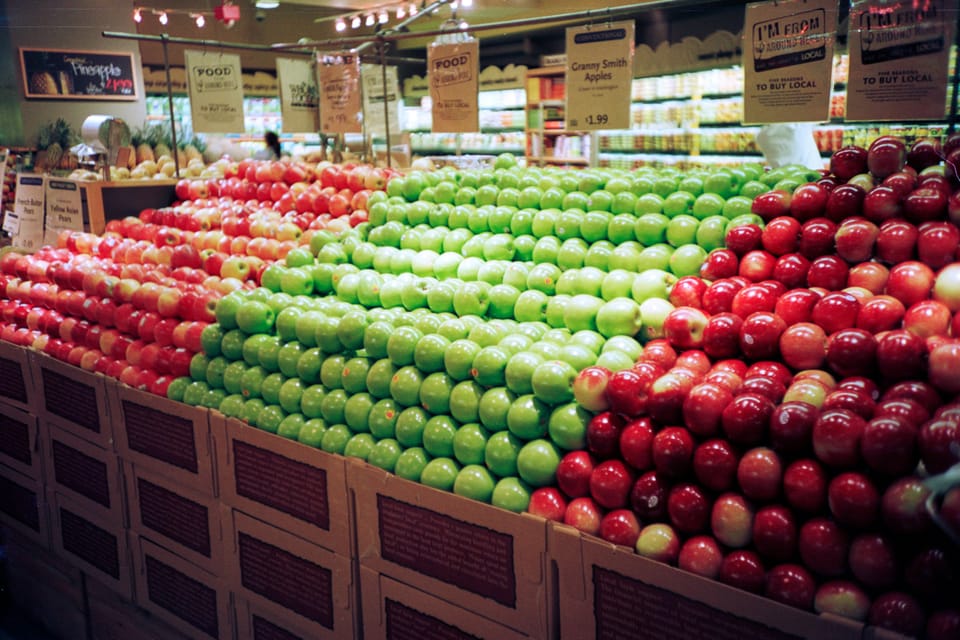UK food prices could rise by 34% due to climate change
The country's food supply is particularly vulnerable to climate shocks at home and abroad.

Under a high-emissions scenario, food prices could increase by 34% by 2050 in the UK, according to an analysis of how climate-related shocks are set to affect the global food supply.
The report, by the Autonomy Institute, warns that the UK is highly dependent on food imports which make up 50% of its supply. This makes the country particularly vulnerable to forecast climate shocks in the likes of Spain, France and Brazil.







